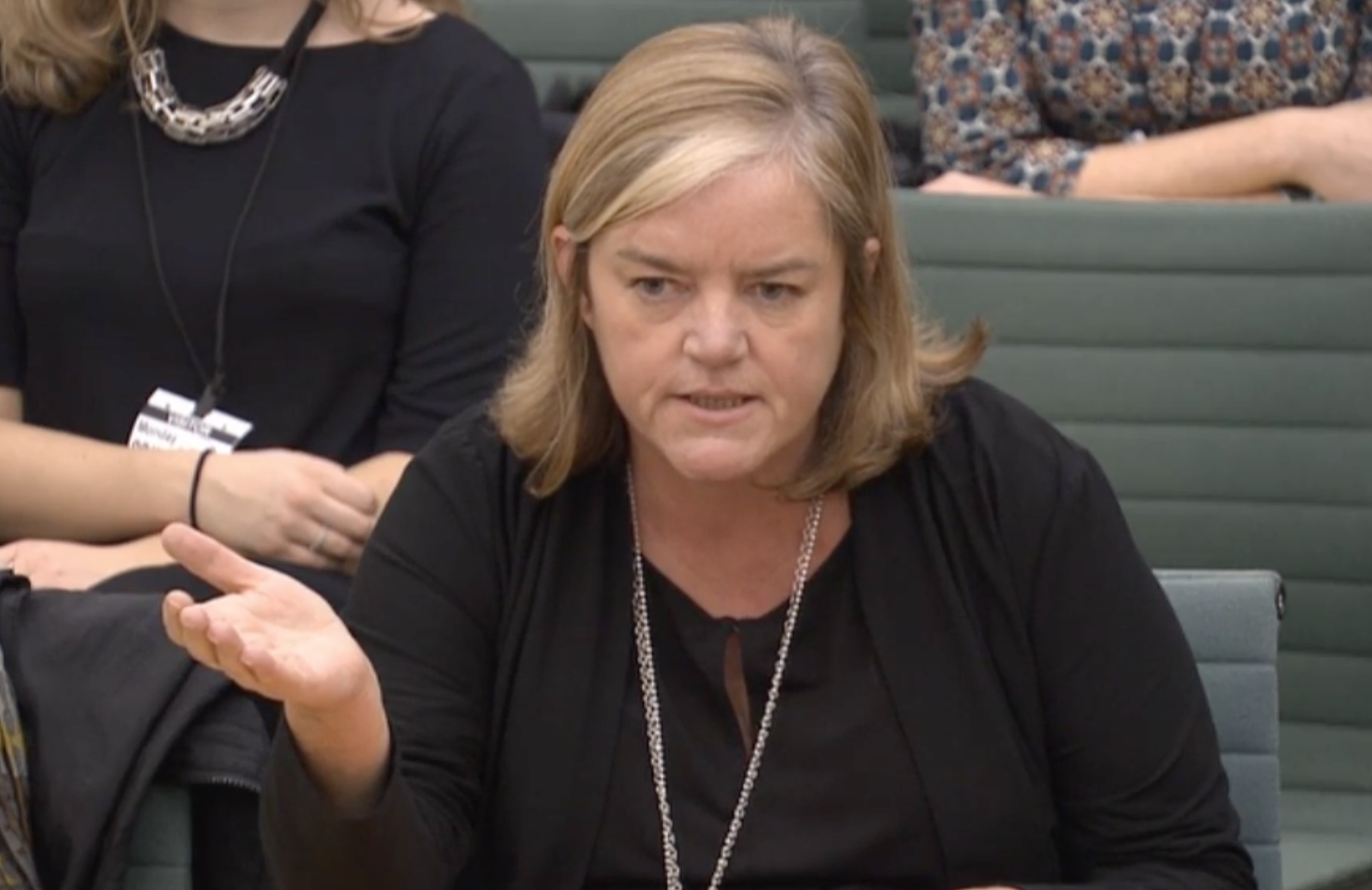Your support helps us to tell the story
From reproductive rights to climate change to Big Tech, The Independent is on the ground when the story is developing. Whether it's investigating the financials of Elon Musk's pro-Trump PAC or producing our latest documentary, 'The A Word', which shines a light on the American women fighting for reproductive rights, we know how important it is to parse out the facts from the messaging.
At such a critical moment in US history, we need reporters on the ground. Your donation allows us to keep sending journalists to speak to both sides of the story.
The Independent is trusted by Americans across the entire political spectrum. And unlike many other quality news outlets, we choose not to lock Americans out of our reporting and analysis with paywalls. We believe quality journalism should be available to everyone, paid for by those who can afford it.
Your support makes all the difference.The process of immigrants is not a “two-way street”, the Government’s integration tsar Louise Casey has said.
The author of the controversial Casey Review suggested society had made a “mistake” in making significant effort to accommodate people “coming in from the outside” and that the onus should mostly be on immigrants themselves.
Ms Casey’s review, published at the end of last year, claimed “segregation” was rife in parts of the UK and attacked immigrant communities for practices that “run contrary to British values and sometimes our laws"
Giving follow-up evidence to the House of Commons communities committee on Monday, Ms Casey was asked whether she agreed that integration was a “two-way street” – the idea that people who were already in the UK should adapt to newcomers.
“In terms of the two-way street, I don’t think it’s a two-way street. I think that’s a sound-bite that people like to say,” she said.
“I would say if we stick with the road analogy, integration is like you have a bloody big motorway and you have a slip-road of people coming in from the outside.
“What you need to do is people in the middle in the motorway need to accommodate and be gentle and kind to people coming in from the outside lane but we’re all in the same direction and we’re all heading the same direction.
“There is more give on one side and more take on the other and that’s where we have successively made a mistake, which is where we’ve not been honest about that.”
Ms Casey was commissioned by David Cameron to produce the review that would consider what could be done to “boost opportunity and integration in our most isolated and deprived communities in Great Britain”.
It recommended targeted local plans to promote “community cohesion” that would promote the English language, help “marginalised groups of women” and raise employment rates amongst migrant communities.
It was criticised by Muslim groups for allegedly unduly targeting their community.
Subscribe to Independent Premium to bookmark this article
Want to bookmark your favourite articles and stories to read or reference later? Start your Independent Premium subscription today.

Join our commenting forum
Join thought-provoking conversations, follow other Independent readers and see their replies
Comments